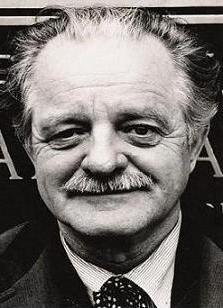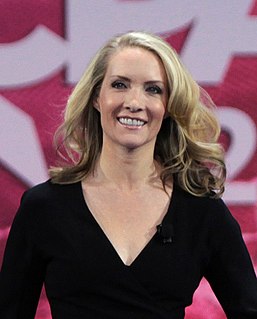A Quote by Eliza Griswold
News isn't designed to talk about daily life in its nuances, but poetry is.
Related Quotes
I'm confused about who the news belongs to. I always have it in my head that if your name's in the news, then the news should be paying you. Because it's your news and they're taking it and selling it as their product. ...If people didn't give the news their news, and if everybody kept their news to themselves, the news wouldn't have any news.
When people decide to talk publicly about poetry as an art form and how it's received, they often get very abject about it: "Nobody reads poetry," and then a thousand people write back, "No, we read poetry." There's an abundance of this negative preaching to the choir, and it's very similar to the experience I'm having.
Forget what you learned about poetry in school. (That it's complex, opaque, a problem to be solved in 1500 words by tomorrow.) Poetry is the last preserve of honest speech and the outspoken heart. It holds the cadence of common life. It has a passion for truth and justice and liberty; it is a buoy to people in ordinary trouble: to a friend whose life has gone skidding into the meridian, who has been struck by bad news, who is frying eggs and hash browns and has whiny child clinging to his pant leg.
































